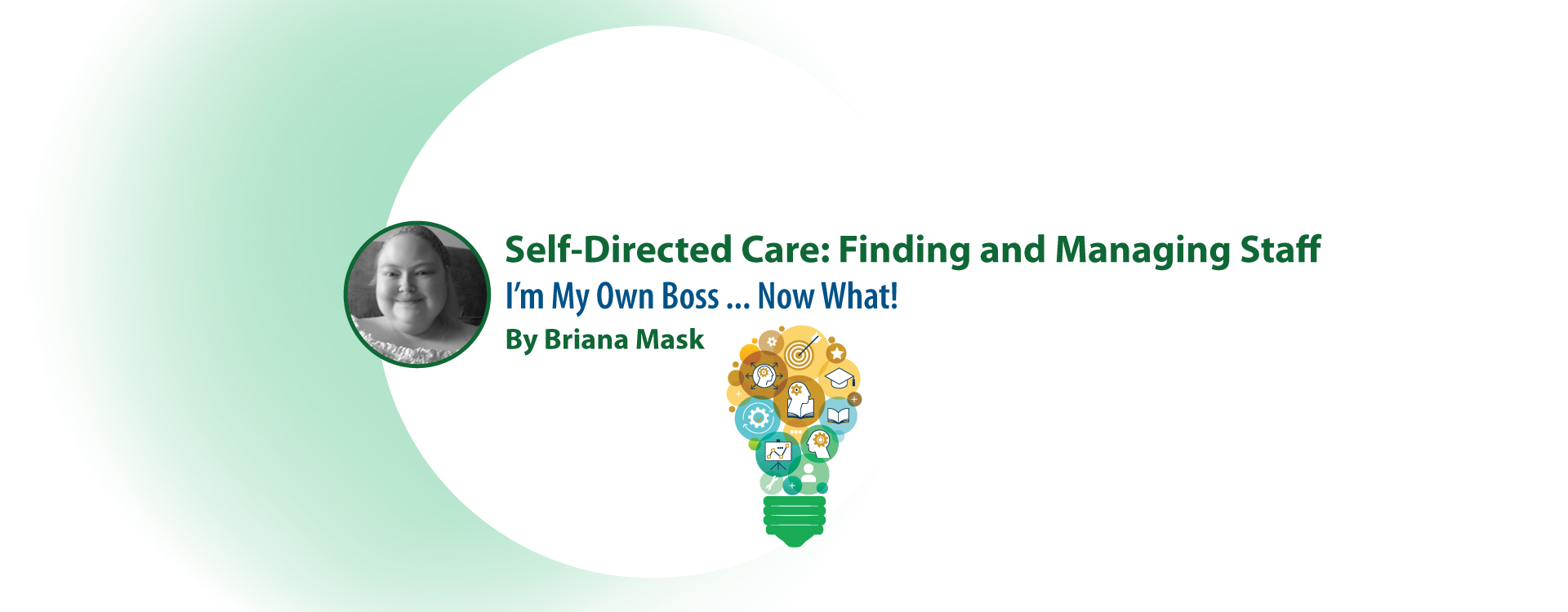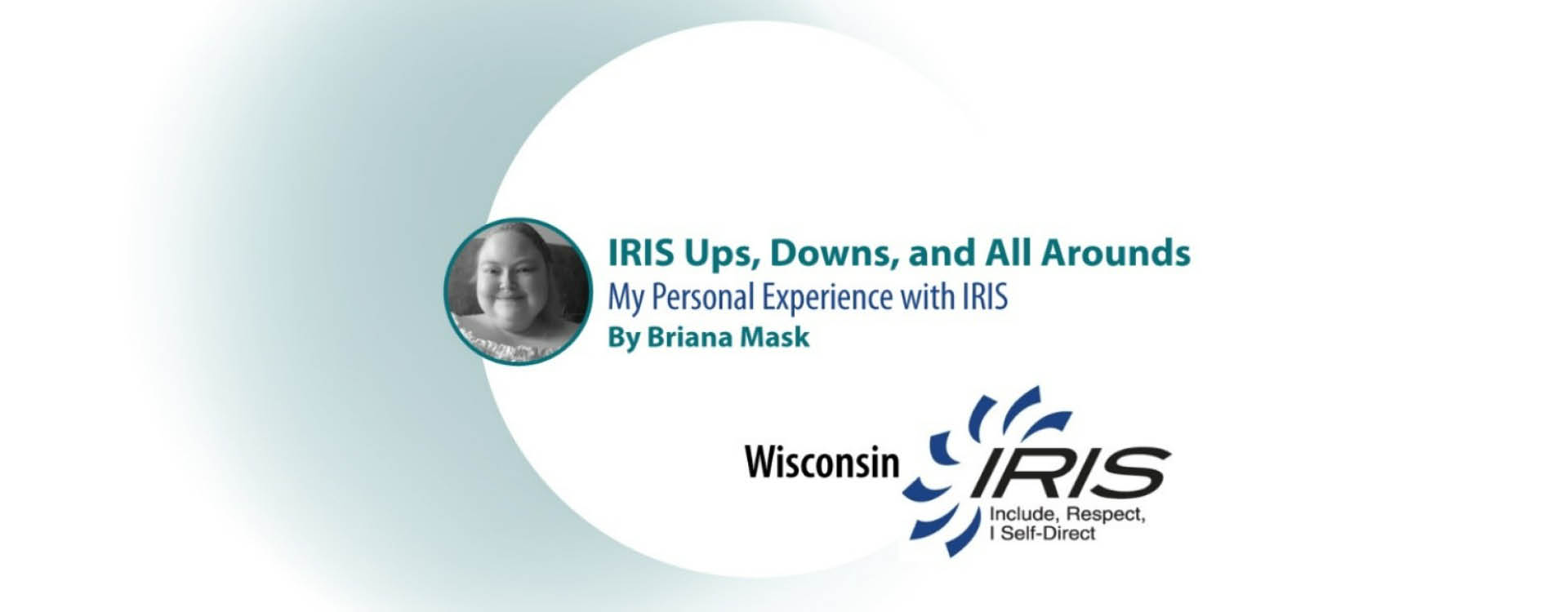My Top Tip:
Clearly define your job tasks. This will not only help you narrow your search for the right staff but will give potential employees an idea of what will be expected of them and what the work entails. It also prepares you to put together a simple yet concise want ad.
Check out these resources to learn more about writing a job description:
- A Guide to Writing a Job Description, with Examples – Grammarly: Suggestions for writing a strong job description.
- How to Write a Job Description – Indeed.com: Tips and sample job descriptions to help you create a compelling job listing.
Creating a Want Ad
Once you’ve defined exactly what you’re looking for, it’s time to put it on paper.
This is the most difficult part for me as my needs vary wildly. I will be perfectly capable of taking care of all my needs at the beginning of the day and be fine all day. On other days, I’ll start out great, and within a few minutes, lupus has attacked, and I can no longer walk unassisted.
My inconsistent needs make creating a concrete list of job tasks difficult. Which, in turn, makes creating a job advertisement difficult.
My Top Tip:
Think outside the box. Because my needs aren’t consistent, I must think outside of the box about ways to use the hired assistance effectively.
If you feel stuck, take a look at these resources for inspiration:
Where to Find Staff
Now that your want ad is complete, you’re ready to post it! Where though? Should you post it online, in person, or… how? Well, all of the above!
Use as many methods as possible to share your want ad, including:
- Word of mouth: Tell your friends and family that you’re hiring. One of them may want to apply or know someone who would. IRIS allows you to have a friend or family member be your caregiver.
- Post on your social media platforms: An online post could reach someone you know who you hadn’t thought might be interested.
- Share in places you personally like to go in your community: You can hire people from your local community. Some wonderful places to start looking are places you personally like to go. These can range from hobby spots, places of worship or spirituality, coffee shops, and colleges and community centers.
My Top Tip:
Finding a person with similar interests can help ease the initial unease of having someone in your home, helping with what can be very intimate tasks such as bathing or toileting.
My Experience with Family as Care Giver
My partner is currently my employee as my caregiver. He is paid to help me prepare meals, shower, shop, go to doctor’s appointments, and other tasks I might need help with daily. This is great as it is convenient and allows me to have peace of mind that I will be well cared for.
Conversely, this means that there is added stress and pressure on him to not only perform his normal tasks for his primary job, but his house chores and my needs. Which can understandably become very overwhelming and stressful for all involved. This has led me to start the search for someone to come into my home to support me instead.
Here are some resources I’ve used for finding care services:
- Care: Connects families with quality, local caregivers.
- Sittercity: Membership-based program where you pay to connect with caregivers or list jobs.
- Facebook: Let family and friends know you’re looking for help.
- Handshake: A resource for hiring students.
- Indeed: Free, online platform to post jobs.
Interviewing
Practicing giving mock interviews may help you become more comfortable with the process of finding and hiring staff. It really helps to do a few practice runs, especially if you’re prone to having memory lapses or cognitive impairments. It also helps to have someone you trust to give you positive constructive feedback as your interview partner.
My Top Tip:
Don’t be afraid to write or type out the questions you want to ask, and take notes while interviewing. You want to make sure to find the right fit, as this is so much more than just a normal job.
These resources contain some helpful tips for preparing for an interview. They’re designed for people being interviewed, but the tips they give could work for an interviewer as well:
Hiring and Paying an Employee
My experience with hiring and paying an employee has been with one care worker, part time. Here are some things to be aware of:
- Once you make a hiring decision, IRIS runs a background check on the person for you.
- When the person is working for you, your primary responsibilities are to manage their schedule and job performance, and then approve and sign their time sheets.
- The employee submits their timesheet electronically.
- IRIS handles all of the tax information, as well as any legal documents that need to be gathered.
So, while you are doing the actual search, hiring, and management, the really confusing managerial/bureaucratic work is handled by IRIS. Which, in my opinion, is incredibly helpful to not have to worry about tax information and how all of that works.
My Top Tip:
Focus on your needs and make sure your employees' timesheet is correct, so they get paid what they are owed!
You’ve Found an Employee! How Do You Keep Them?
So, you’ve found someone qualified and kind enough to take on your care tasks! Here are some tips on things you can do as an employer to ensure they want to stay your employee:
- Say thank you! Show your appreciation! Yes, this is a job for your staff, but they are also human beings.
- Be polite and thank them for helping. Make sure they know specific things they do that you appreciate.
- Surprise them! If you can afford to, provide them with a surprise every now and then. This could be as simple as baking them some cookies or gifting them their favorite candy.
- Treat them with kindness, dignity, and respect. Treat your staff how you’d like to be treated. They are not your slave or beneath you, they are there to help you.
- Advocate for yourself. You have hired this person to help you complete tasks in the way you yourself would do them. This may mean you need to personally train them in the way you prefer.
- Communicate clearly. Make sure to have clearly defined tasks, roles, responsibilities, and expectations to ensure everyone is on the same page and knows their duties.
- Learn how to have difficult conversations. You may come to a point where the situation isn’t working out the way you need, and you must communicate that with your staff. This can be awkward and uncomfortable for all involved, but it is a necessary process of an employer/employee relationship. This article from Psychology Today gives some useful guidelines for difficult conversations.
My Top Tip for Success as a Self-Directed Care Employer
Communication is your best friend for most issues that need to be addressed as you manage your own care through IRIS.
Clear and consistent communication between you and your staff, your IRIS consultant, and all the other agencies that collaborate with you in the IRIS program will help you manage your own care to keep your independence and freedom.
I hope this has helped you find and keep employees for all your independent life needs!




